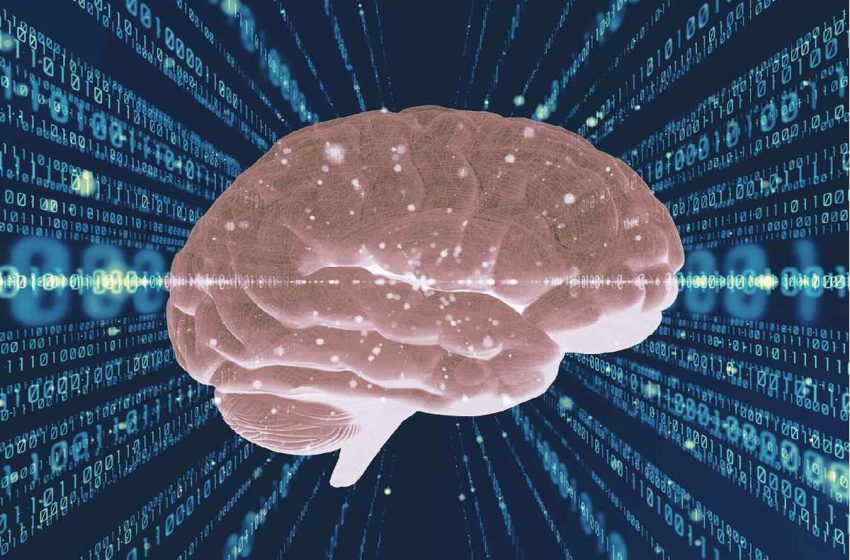
Intersection of Brain Function and Medication
The study of brain function and medication has always been a complex and intricate area of research. Scientists have spent decades trying to understand how drugs impact the brain and the mind, and how the mind and brain can impact drug efficacy. One of the most crucial tools in this field is neuropsychological testing, which helps researchers identify and measure cognitive deficits and drug side effects. In recent years, advancements in cognitive assessment techniques have enabled researchers to better understand the effects of medication on brain function, paving the way for more effective treatments and better patient outcomes.
Table of Contents
Neuropsychological Testing: An Overview
Neuropsychological testing is a type of assessment that evaluates cognitive and behavioral functions that are associated with brain functioning. These tests measure a variety of cognitive abilities such as attention, memory, language, visuospatial skills, and executive functioning. Neuropsychological testing is often used in research to identify cognitive deficits caused by various neurological conditions or injuries, such as dementia, traumatic brain injury, and stroke.
Drug Research and Neuropsychological Testing
Neuropsychological testing plays a critical role in drug research, allowing researchers to determine the impact of drugs on brain function. For instance, researchers use neuropsychological testing to identify the cognitive side effects of drugs, such as drowsiness, confusion, and memory impairment. This information is critical for determining the safety and efficacy of new drugs.
Moreover, neuropsychological testing can help researchers understand how drugs interact with different parts of the brain. For example, a study conducted by researchers at the University of California found that the drug risperidone harmed the ability of patients with schizophrenia to process auditory information. This testing was instrumental in identifying this cognitive deficit, and the study ultimately led to changes in the way the drug was prescribed.
Advancements in Cognitive Assessment Techniques
Advancements in cognitive assessment techniques have led to improvements in neuropsychological testing, making it easier and more accurate to evaluate cognitive function. Some of the recent advancements in cognitive assessment techniques include:
Computerized Testing
Computerized neuropsychological testing allows for the administration of standardized tests that are more accurate and efficient than traditional paper and pencil tests. Moreover, computerized testing has the added benefit of being able to provide immediate results, allowing researchers to analyze the data in real time.
Virtual Reality
Virtual reality technology has been utilized to create environments that simulate real-life situations, enabling researchers to evaluate cognitive function in a more realistic setting. For instance, virtual reality technology has been used to simulate driving situations to evaluate the cognitive abilities of patients with traumatic brain injury or dementia.
Mobile Apps
The use of mobile apps has become increasingly popular in cognitive assessment. These apps allow patients to complete neuropsychological tests at home or on the go, which can provide researchers with a more comprehensive picture of cognitive function in real-world situations. Additionally, mobile apps have the potential to make cognitive assessments more accessible to a wider range of patients.
Electroencephalography (EEG)
EEG is a powerful tool for measuring brain function during neuropsychological testing. It allows researchers to see how the brain responds to different cognitive tasks, providing a more comprehensive understanding of cognitive function. EEG has a high temporal resolution, allowing researchers to measure changes in brain activity with millisecond precision. This makes it particularly useful for measuring changes in brain activity during cognitive tasks, as it allows researchers to see how the brain responds to different stimuli in real time.
By measuring brain function during neuropsychological testing, researchers can gain insights into how different cognitive processes are affected by various factors, such as medication, disease, and aging. For example, EEG can be used to measure how cognitive function is affected by medication, providing insights into the mechanisms of action of different drugs. It can also be used to measure how cognitive function changes with age, providing insights into the aging brain.
Conclusion
Neuropsychological testing is an essential tool in drug research, enabling researchers to identify cognitive deficits and drug side effects. Advancements in cognitive assessment techniques have improved the accuracy and efficiency of this testing, allowing researchers to better understand the effects of medication on brain function. Computerized testing, virtual reality, mobile apps, and EEG are just a few examples of the advancements that have led to improvements in cognitive assessment techniques. These advancements have the potential to lead to more effective treatments and better patient outcomes, which is especially critical for patients with neurological conditions or injuries.



